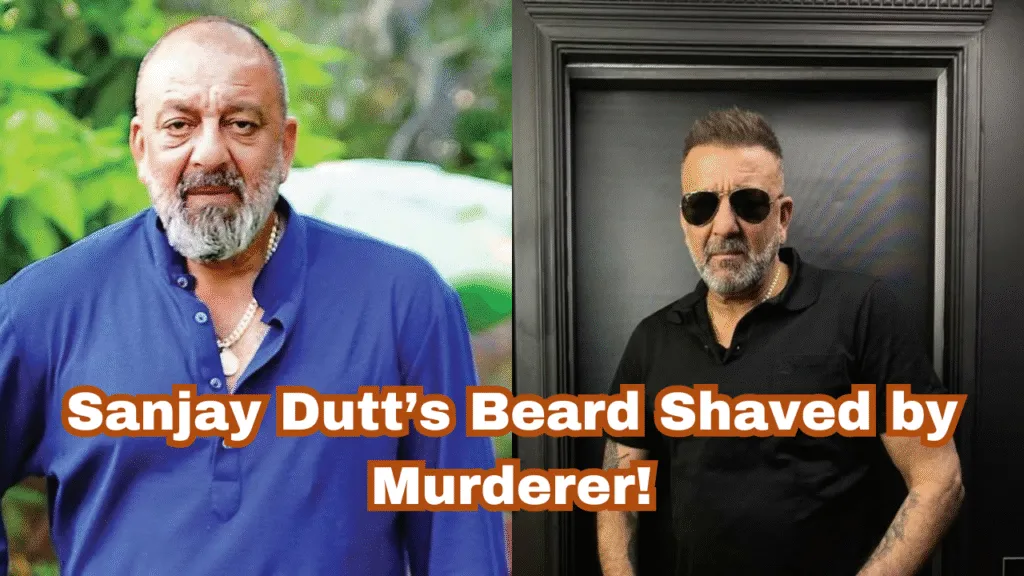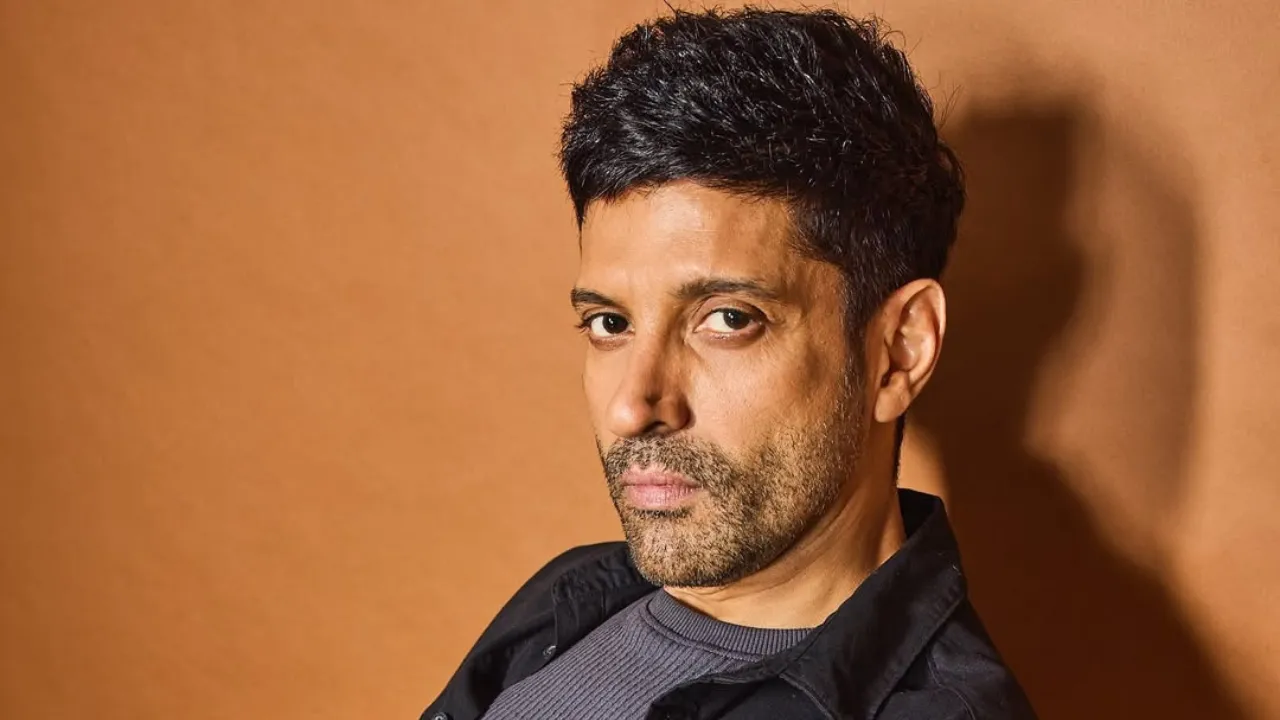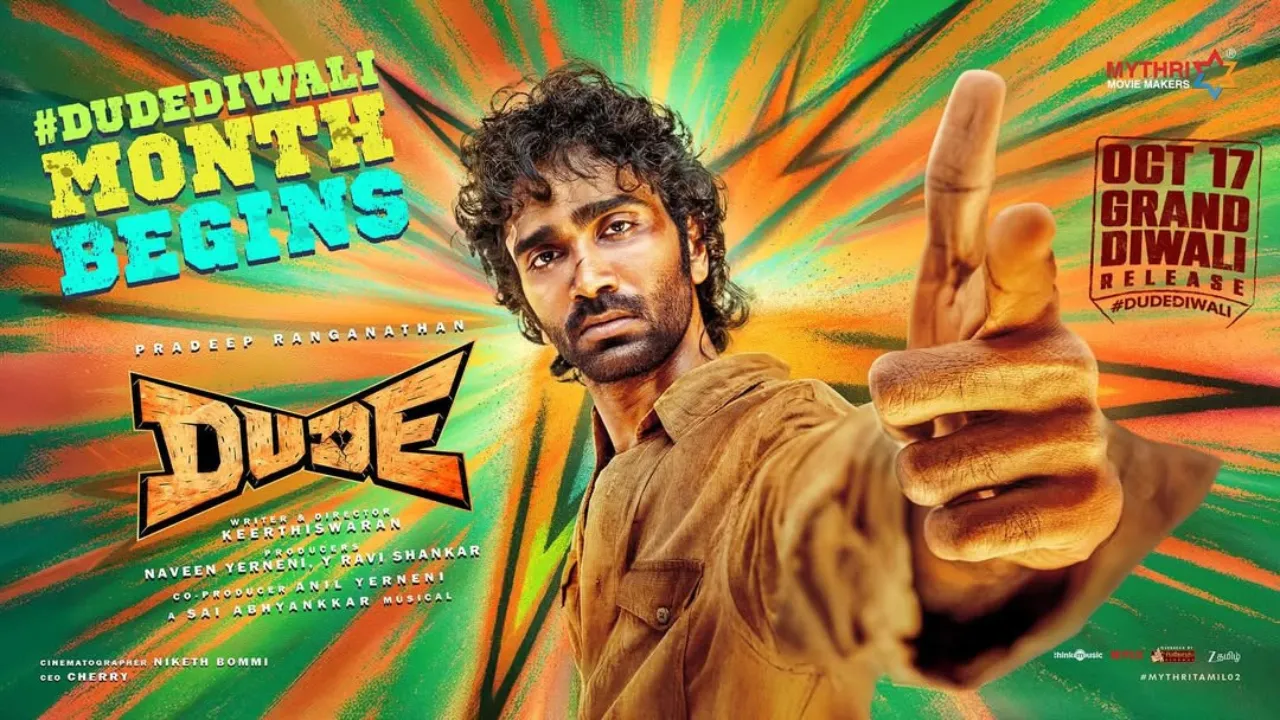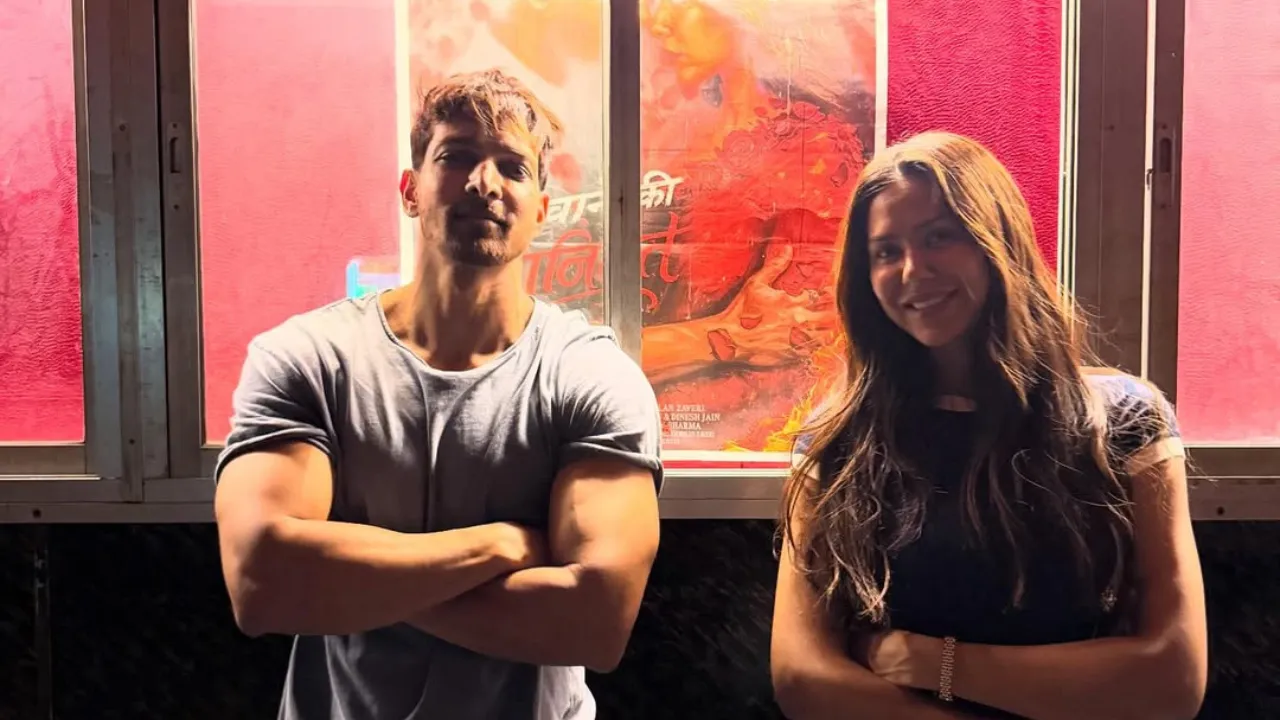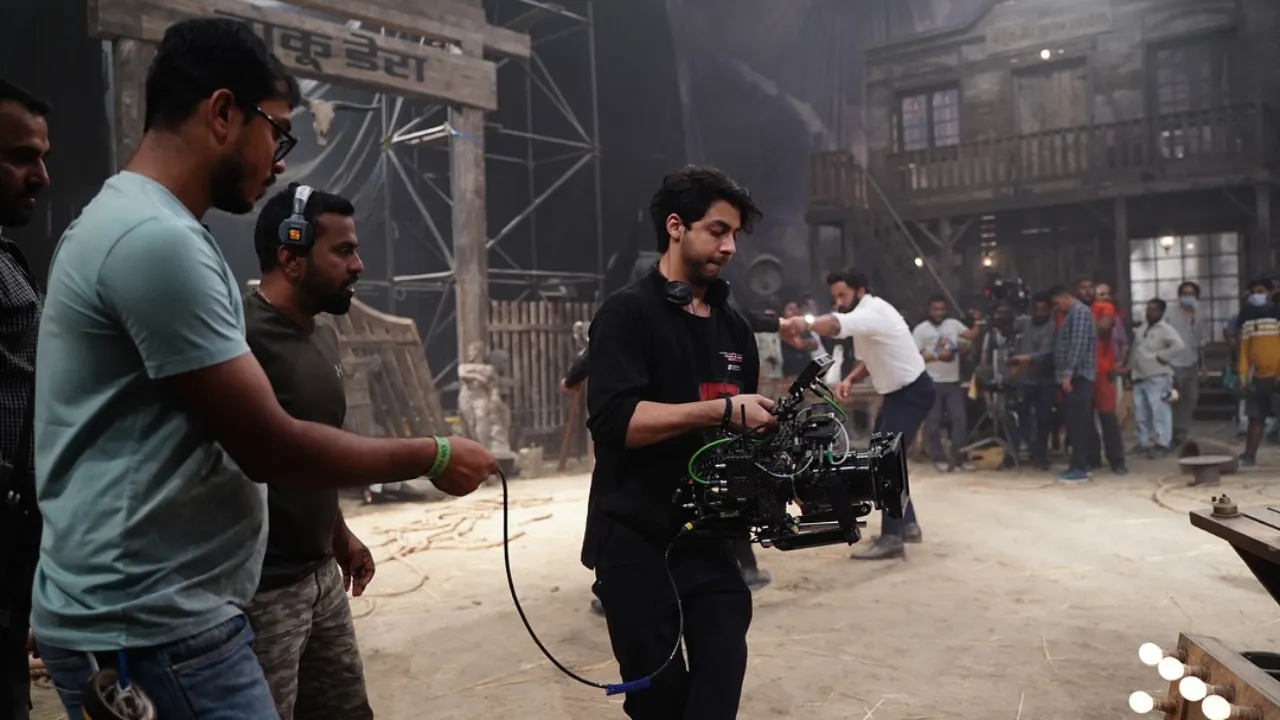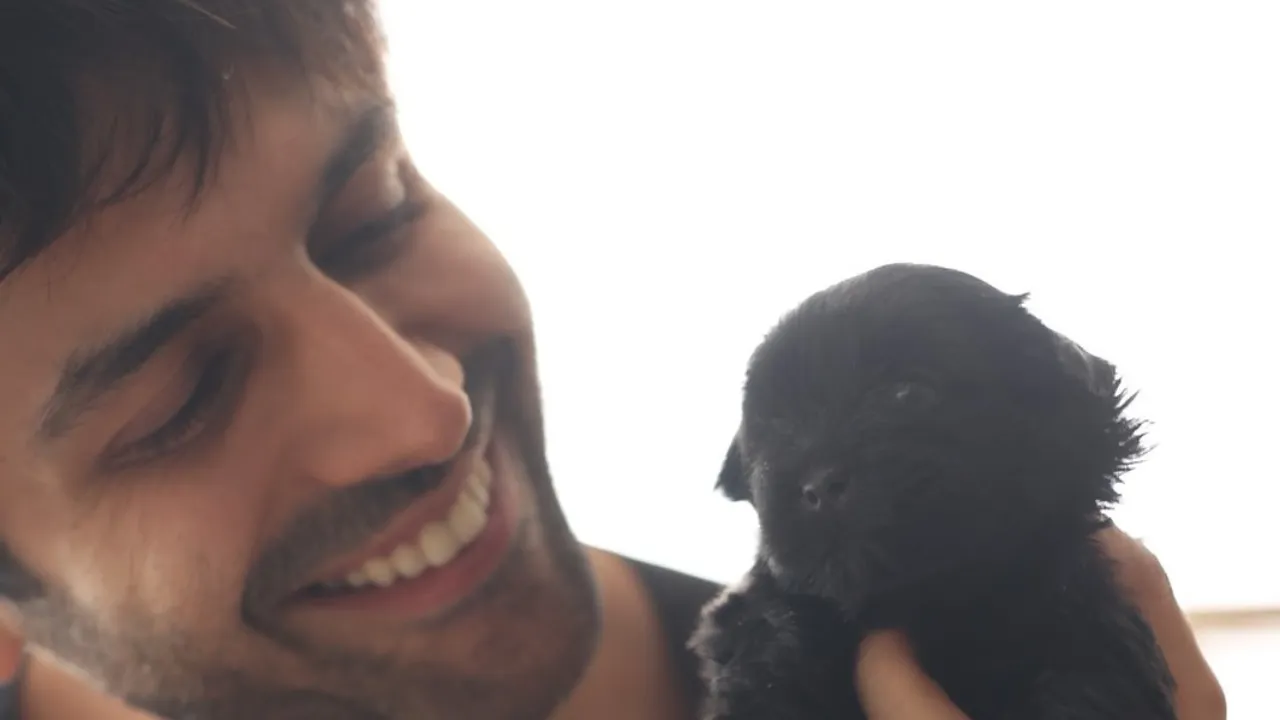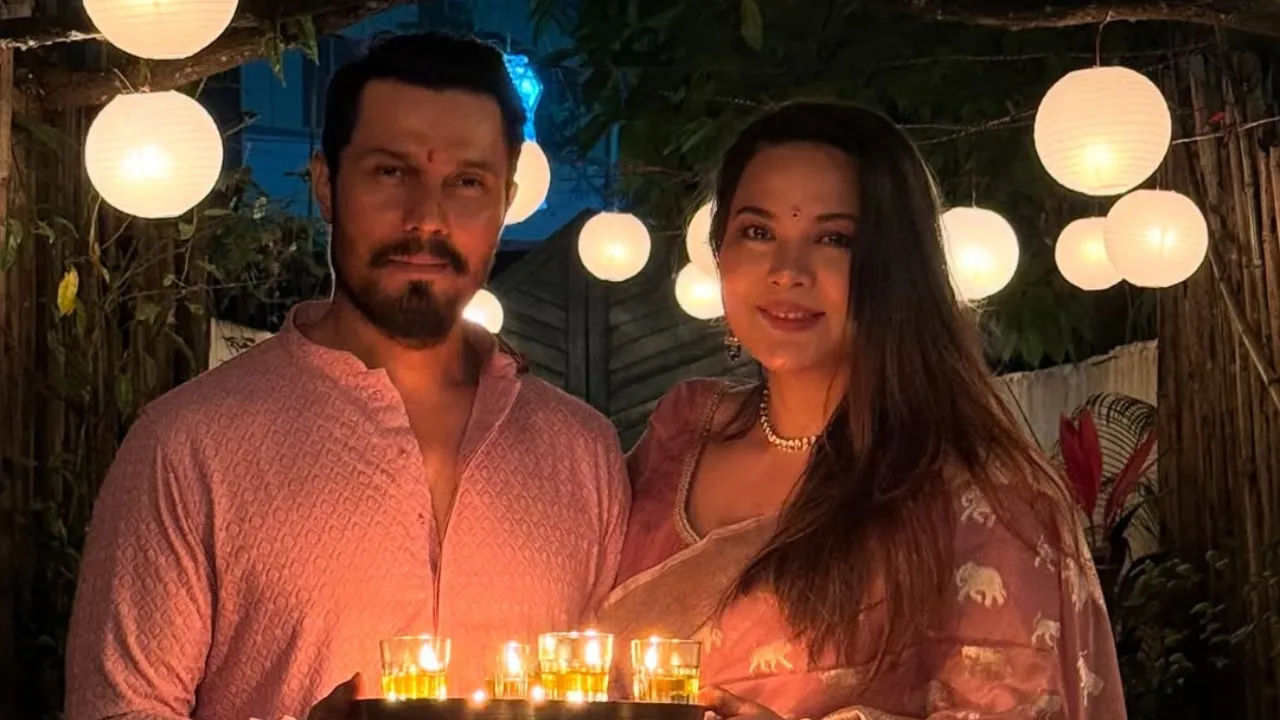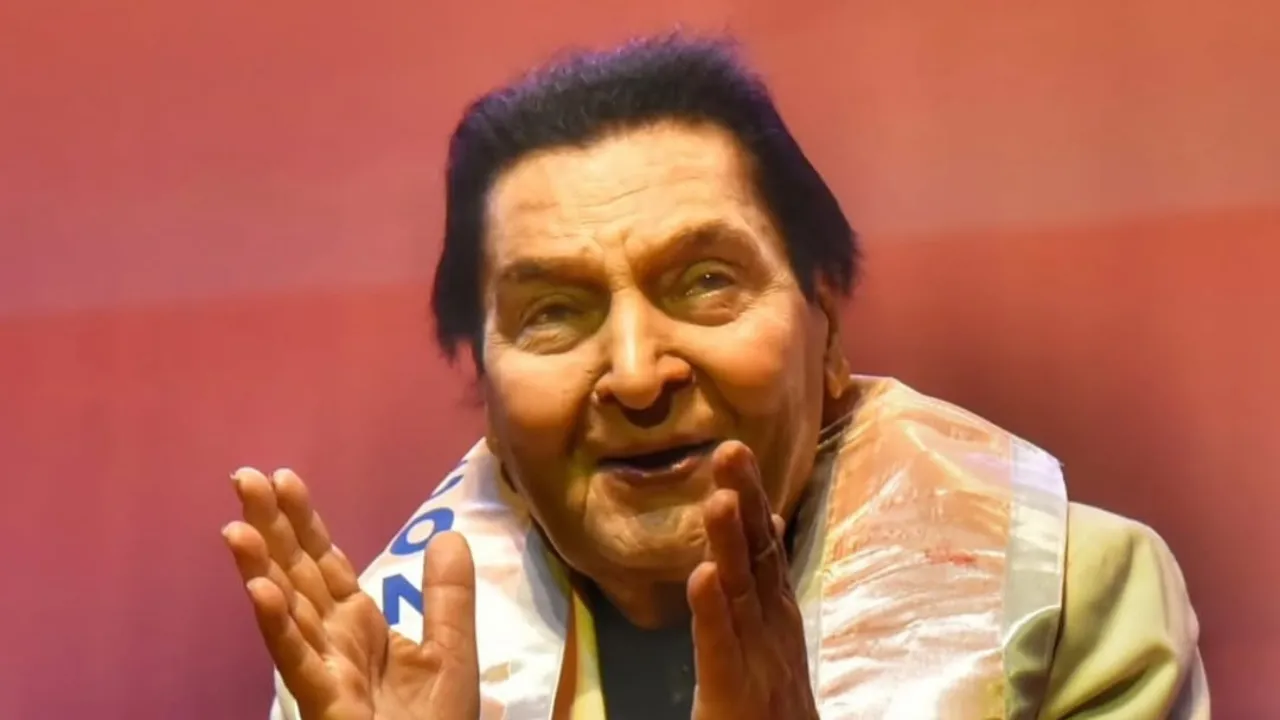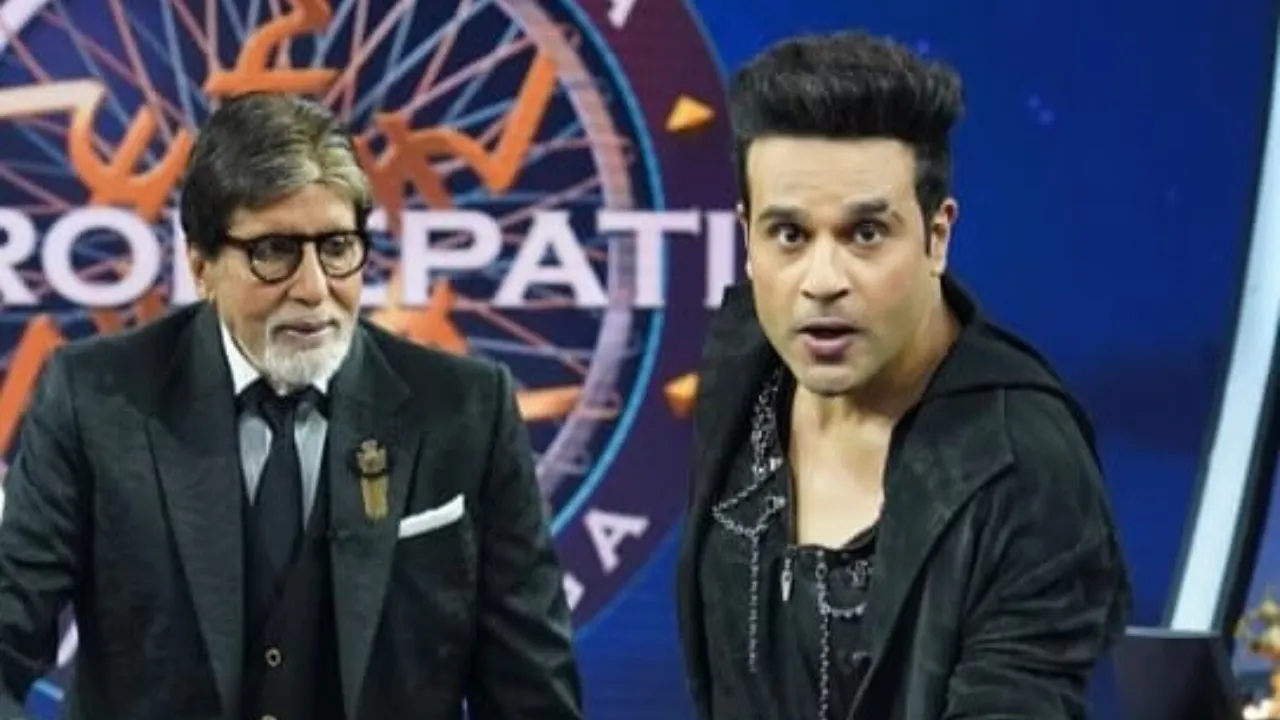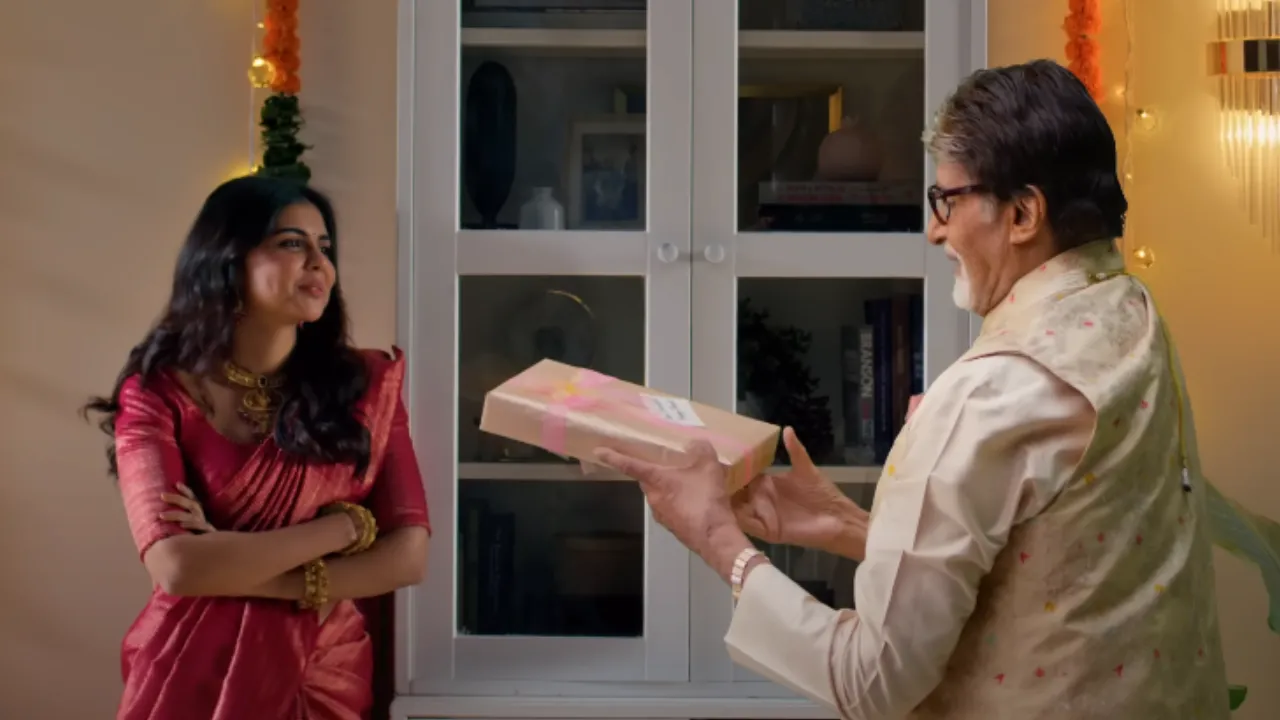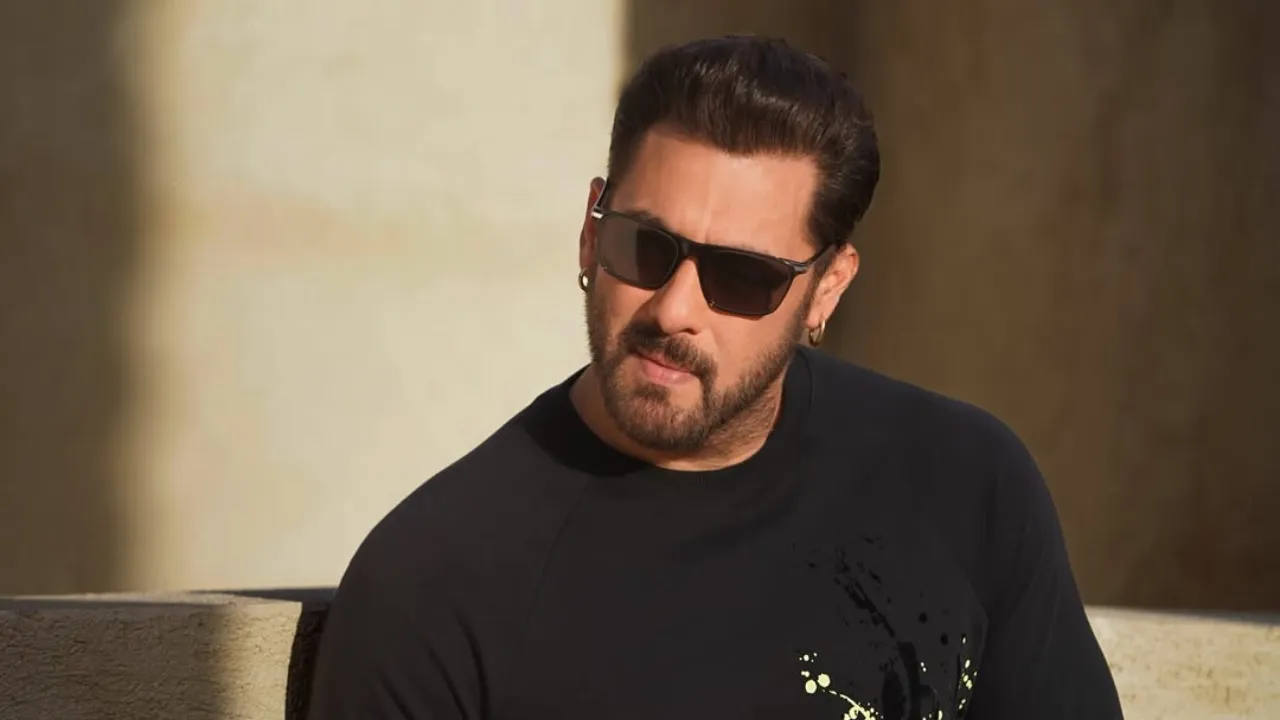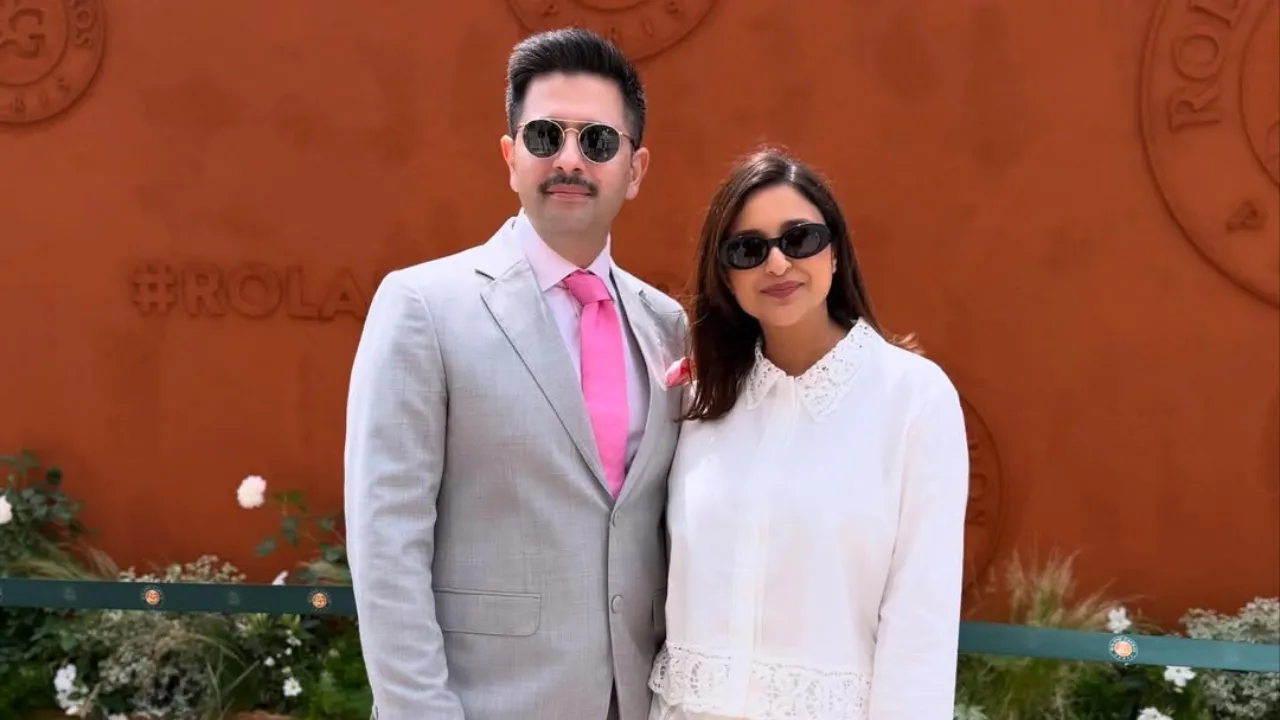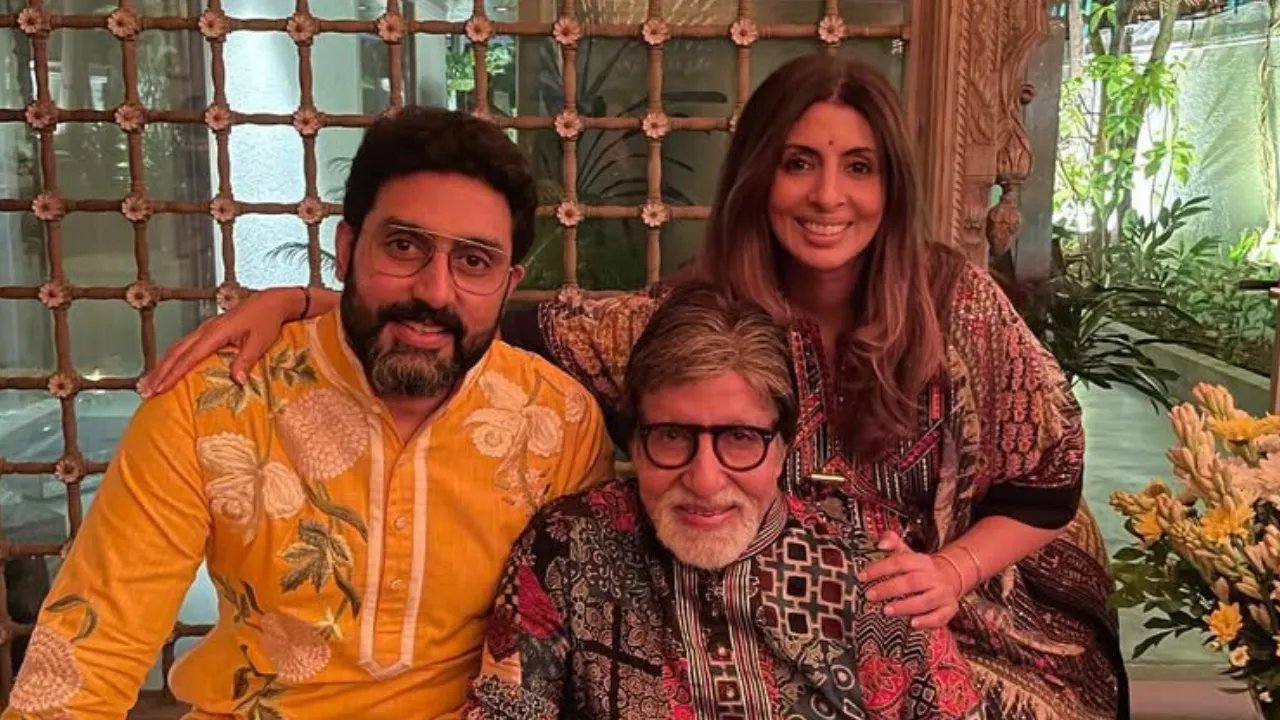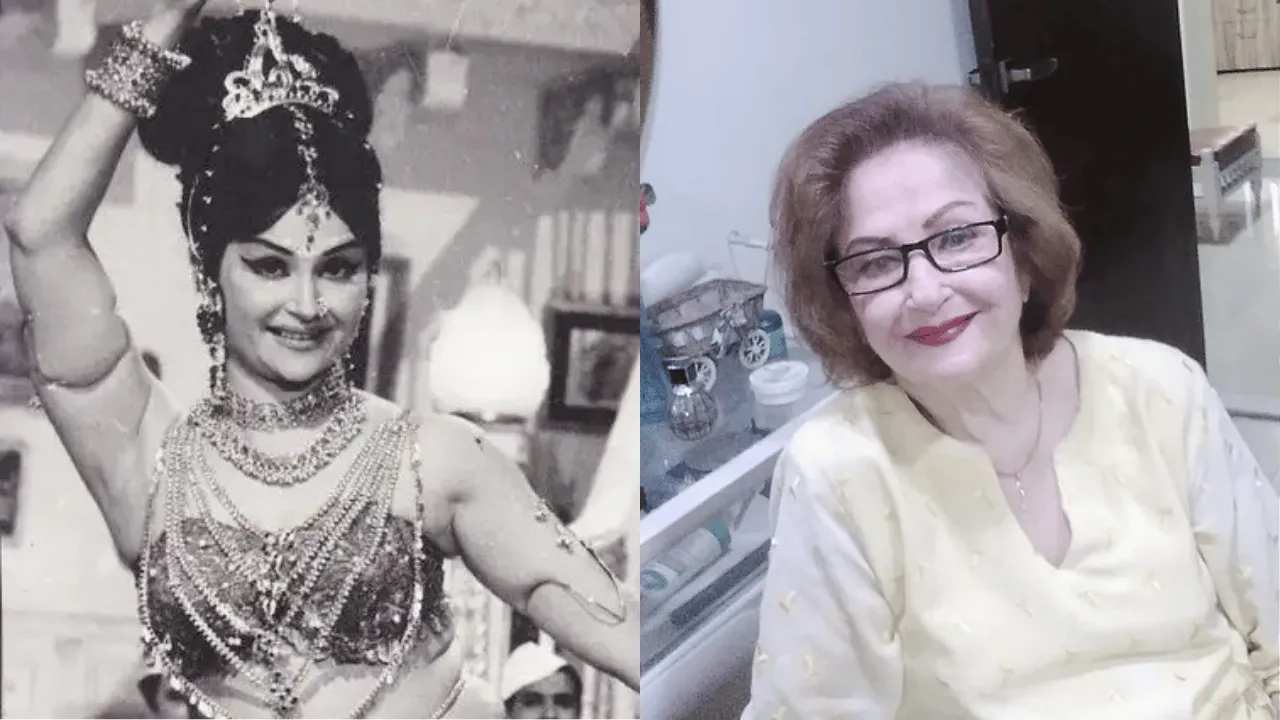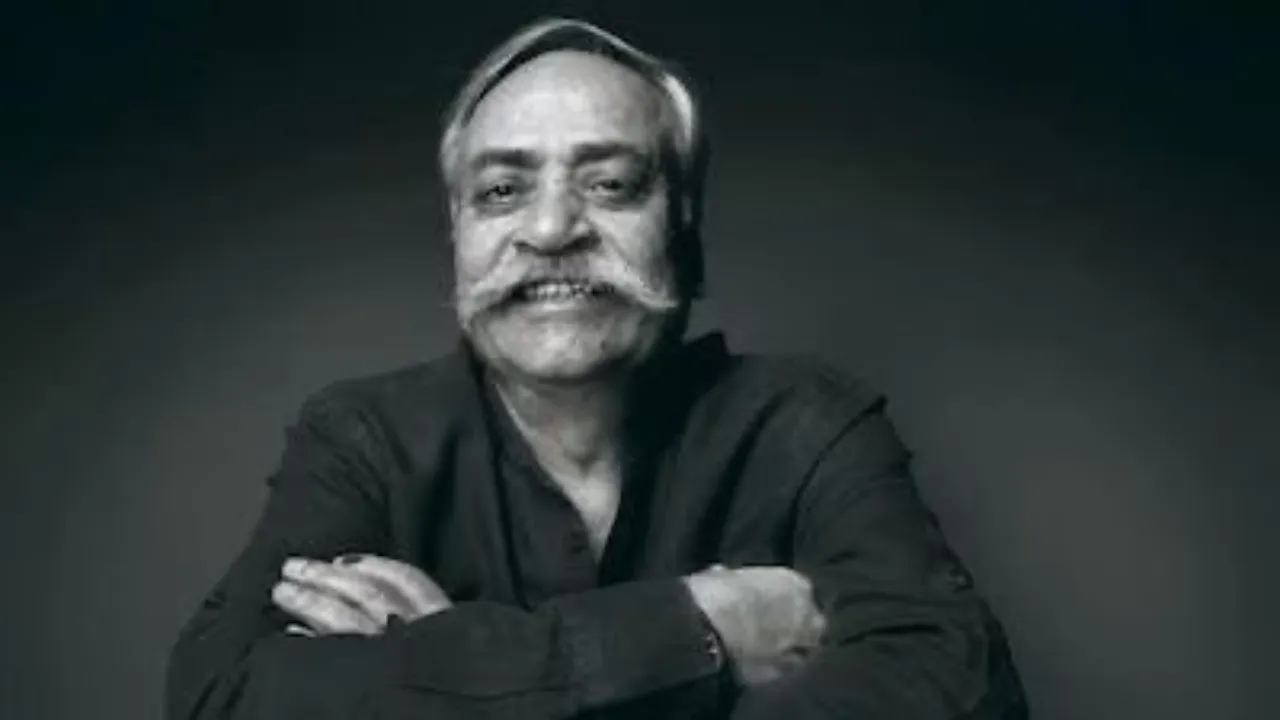Sanjay Dutt: “A Double Murder Convict Shaved My Beard In Jail” — What the Actor Said and Why It Matters
Sanjay Dutt recently surprised viewers with a candid, slightly chilling — yet oddly human — story about his time behind bars. On a recent episode of The Great Indian Kapil Show, the actor recalled how a fellow inmate, later identified only as a double-murder convict, was asked to shave his beard — and how that ordinary prison chore became one of the more memorable moments of his sentence.
Sanjay Dutt’s jail anecdote: the moment, in his words
Sanjay Dutt described having a full beard when the prison superintendent instructed someone to shave him. The inmate who came — “Mishra ji,” as Dutt recounted — had been in custody for 15 years, he said. As the man brought the razor to Dutt’s neck and revealed he was a double-murder convict, Dutt said he instinctively held the man’s hand and stopped him. The actor framed the memory with wry disbelief: a double-murderer holding a razor was simply “an ordinary day in jail.”
Why this small detail grabbed headlines
The image of a violent offender performing a routine, intimate service for a well-known star juxtaposes two realities: life inside prison has routines, roles, and informal economies; and celebrities who serve sentences still live among people convicted of very serious crimes. That tension — ordinary versus extraordinary — is why the anecdote resonated across social media and news outlets.
The broader context: Sanjay Dutt’s prison years and how he used his time
Sanjay Dutt’s jail stint traces back to his conviction connected to the 1993 Mumbai bombings case and subsequent legal developments. After long legal battles, the Supreme Court in 2013 upheld a sentence that resulted in Dutt serving time in prison.
During his incarceration, Dutt has often said he tried to stay productive — learning carpentry, earning wages for goods he made, running a small in-house radio programme called “Radio YCP,” and even directing a theatre group that included other inmates. These details were part of his recollection on the Kapil show and help explain why he speaks about jail life with both gravity and wry humor.
Rehabilitation, dignity and daily routines
Dutt’s description highlights aspects of prison life often missing from sensational headlines: work programmes, creative outlets, and informal hierarchies. Whether the setting is an Indian jail or elsewhere, rehabilitation programmes and structured activity are widely viewed by corrections experts as important to reducing re-offending and maintaining order. Dutt’s anecdotes — from carpentry to theatre — underline that many inmates occupy constructive roles alongside those serving long sentences.
What the reaction has been: public and media response to Sanjay Dutt’s story
Media coverage was widespread and immediate. Indian and national outlets reproduced the anecdote with clips and quotes, while viewers took to social platforms to discuss the surreal nature of the incident — a famous actor, a razor, and an inmate convicted of double murder.
Some responses focused on the humanizing effect of small, mundane moments; others raised questions about safety and protocol in jails. Overall, the reaction underscores how a short personal story can open larger conversations about prison life and public perceptions of justice.
What this tells us about Sanjay Dutt — the man behind the headlines
If you look past the provocative headline, the anecdote fits a larger pattern in Sanjay Dutt’s public storytelling: he often blends blunt honesty with a storyteller’s instinct for the surprising detail. Over the years, Dutt has repeatedly spoken about trauma, loss, mistakes, and learning — themes that recur in interviews and autobiographical pieces.
This recent memory is less about danger and more about perspective: how ordinary interactions can cut through fear, and how people adapt to constrained circumstances.
A note on tone and responsibility
When reporting or sharing such stories, it’s worth keeping a balanced tone. Anecdotes that involve violent offenders can easily be sensationalized; the healthier approach is to treat the fact-pattern as a prompt for thoughtful questions about prison policy, safety, rehabilitation, and the lived experience of those incarcerated — including high-profile prisoners like SANJAY DUTT.
Takeaways for readers: what to remember from this episode
First, short human moments can illuminate larger systems. A single scene — a shave, a name, a pause — can tell us about routines, hierarchies, and unexpected kindness or risk inside correctional facilities.
Second, SANJAY DUTT’s story is also a reminder of how public figures process and narrate difficult periods of life. By sharing these memories, Dutt invites audiences to see him beyond headlines and film roles — as a person who lived through unusual, sometimes unnerving, experiences.
Finally, the anecdote should prompt reflection rather than mockery: it is an entry point into real conversations about justice, rehabilitation, and the structures that shape prison life. Media coverage has amplified that conversation; now readers and viewers can choose to pay attention to the policy and human issues beneath the viral clip.
Final word on Sanjay Dutt’s anecdote
The image of a razor, a famous actor and a convicted double murderer will likely stick in public memory because it is startling. But the more useful outcome is the conversation that follows: about how prisons work, how people adapt inside them, and how public figures relate those experiences to the outside world. Sanjay Dutt’s anecdote is short, vivid and oddly revealing — a small story that opens a much larger door.
Also Read: Sara Tendulkar’s PCOS Battle—Confidence, Pain & Comeback!
